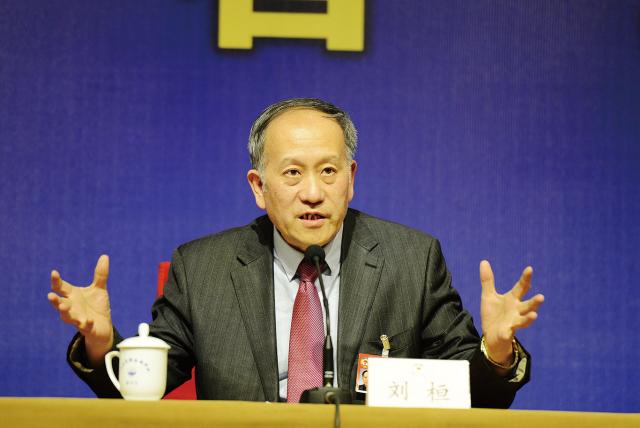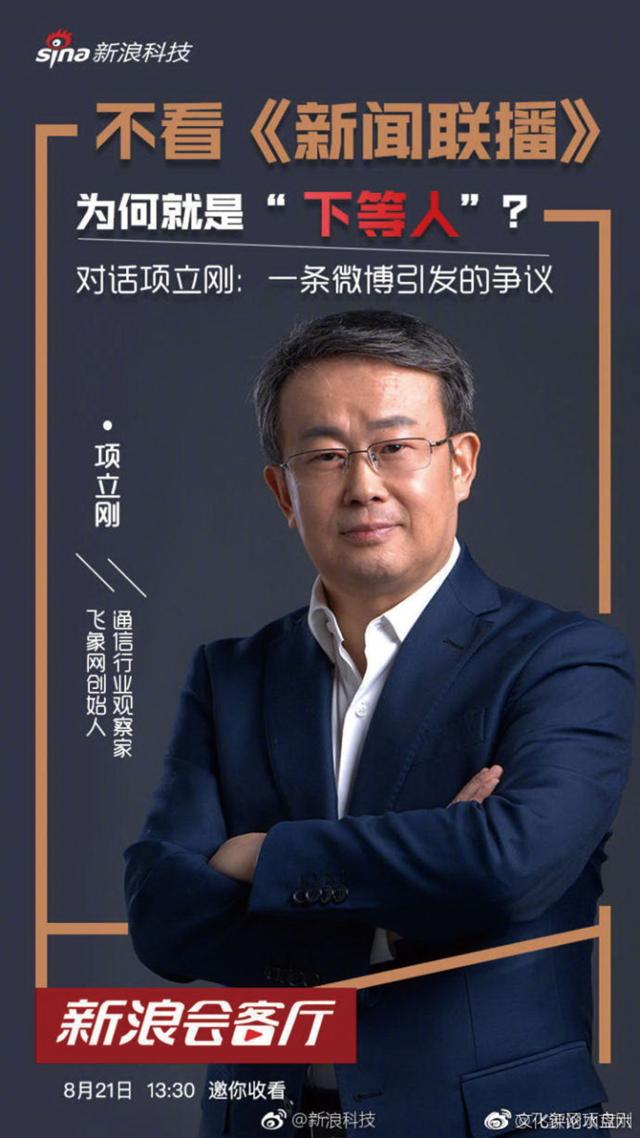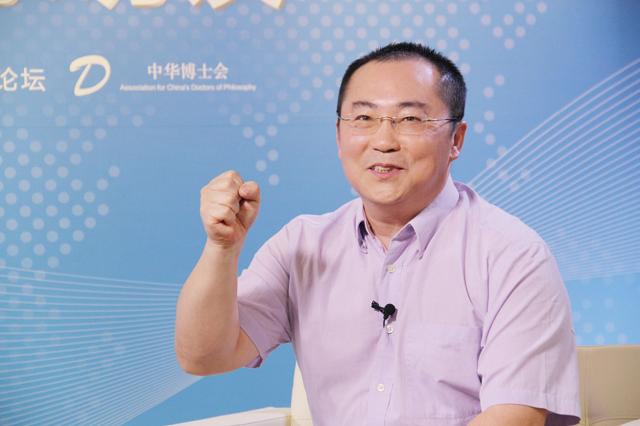“Men are getting too lazy to pursue women. They’d rather spend their time working and earning money. Those men prefer hunting for women with money.”
Writer Sui Muran (pen name) claiming on his public WeChat account that people are becoming “less emotional” in a money-worshipping society where even love has a price.
“It’s very hard for a regular worker to get rich. No billionaire made it through on their wages alone – with a tax rate of up to 45 percent on salaries. The biggest drawback of China’s tax system is that employees pay tax at a higher rate than the rich whose wealth comes from unearned income.”
Liu Huan, a professor at the School of Public Finance and Tax, Central University of Finance and Economics, suggesting tax authorities focus more on the wealthy, in an interview with online media portal the NetEase Institute.
“Migrant people are like the iron weight of the economic scale. Their living standard directly determines whether or not China can break free from the middle-income trap and their quality directly determines whether or not China’s manufacturing industry can be successfully upgraded and help transform the country to a middle-class urban society.”
Financial commentator Ye Tan warning on her public WeChat account that the new generation of migrants has a bleak future in the cities, as it is difficult for them to integrate into city life.
“Those who never watch the nightly evening news are generally inferior – they aren’t and will never do anything big. People who want to achieve big things have to watch the nightly news.”
Xiang Ligang, CEO of telecommunication portal cctime.com, under fierce public criticism for extolling the virtues of China Central Television’s flagship news program Xinwen Lianbo on his Sina China microblog.
“Innovation is only a nice fruit which won’t ripen unless it’s on the tree of marketization and freedom. Some people believe that innovation depends on capital and talent, while I find culture and institutions are also musts for innovation. In that way, the fruits of innovation are determined by China’s institutional and cultural innovations.”
Economist Zhao Xiao appealing for the government to keep deepening institutional reform on his public WeChat Account.
“Even a whole page is not enough to spike the rumors emerging every month. When there are so many rumors running around, the truth does not even have time to put on its shoes.”
Liu Yadong, editor-in-chief of Science and Technology Daily, warning against a lack of scientific rigor among the general public, speaking at the recent 2018 World Forum on Scientific and Technology Innovation held in Beijing.
“As long as there’s demand for ride-sharing, a platform is better than no platform and more than one platform is better than only one. In this case, we can urge the platform in question to improve its services, or we could shift to other ones.”
Ya Shalong (net name), a blogger for financial news portal Caixin, discussing ride-hailing platform Didi Chuxing following the news that one of the drivers registered to its Hitch ride-sharing service had allegedly murdered his passenger, a young woman, the second such murder this year.
“In the past, women’s liberation allowed women to get out of the home and participate in society and work. Today’s liberation should allow women to get out of their jobs and encourage them to have a second child. It is also a job [for women] to take good care of their children.”
A controversial statement by Yuan Ailing, a professor at the School of Education, South China Normal University, was slammed by the public for wanting to tie women down to childcare, after she explained to the China Youth Daily why she suggested extending maternity leave to one year.
“China’s economic policies are so incredibly odd that they’ve encouraged monopolies in many fields, especially in social services. Such monopolies are often involved in the development of the mobile internet and they attempt to defend this monopoly by defining themselves as patriotic national enterprises.”
Economist Sun Jianbo appealing for the government to take measures against commercial monopolies on his public WeChat account.

 Old Version
Old Version



